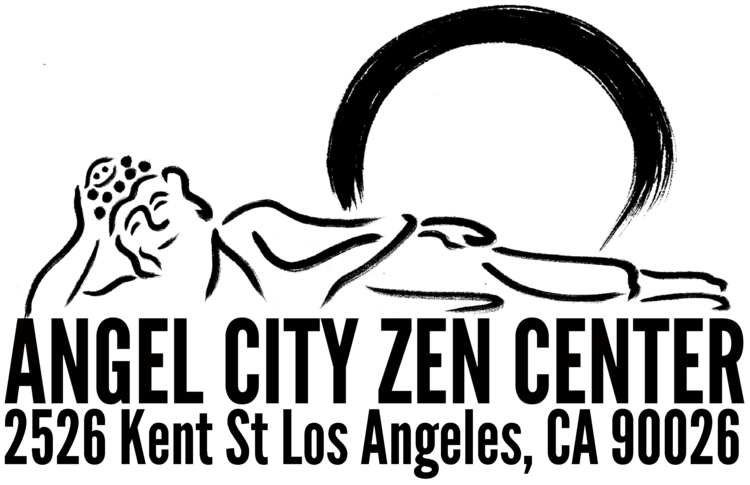“On the infinite canvas of time and space the way the geese cast their shadow on the water without any idea of doing so, while the water reflects the geese just as naturally and unintentionally. Just so, the zen practitioner turns their own life into a work of creation which exists, as the christians might say, in the mind of god.” - DT Suzuki
“You can see how DT Suzuki presented Zen in a way that would sound really cool in 1950s America… Like Zen is the most democratic, or it’s like American transcendentalism but better and older. And you can critique it and say the proper way to understand Zen isn’t through western philosophy. But as someone who’s grown up with the history of western philosophy there’s a lot of it that makes sense to me that doesn’t make sense in translation from Sanskrit.” - Emma Roy
Emma Roy looks at the legacy of DT Suzuki and his outsized role in shaping the way we’ve come to understand Zen from its beginnings in the West up to the present day. As a Zen pioneer in the US after WW2, Suzuki was arguably the great introducer of Zen to America and the canniness with which he shaped his presentation to appeal to our native sensibilities is a story of historical sausage making and savvy marketing at its finest. Was Suzuki merely a great panderer, or was Zen really the great answer America was waiting for? Is the Zen we were sold the real thing and would we be able to understand the difference? Is there a ‘real thing’ outside of cultural and historical contexts??? As always, Emma doesn’t shy away from the big questions…
